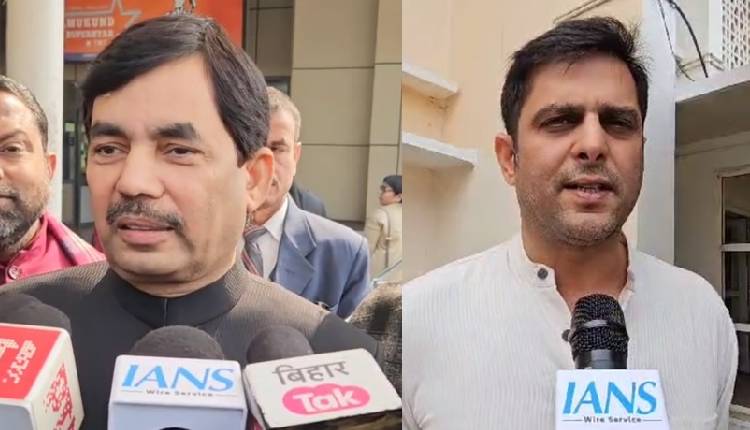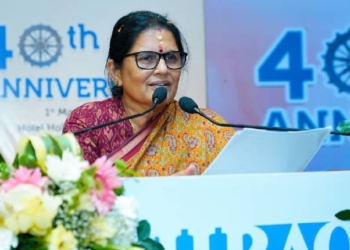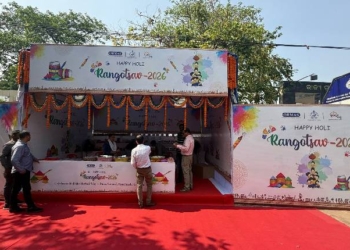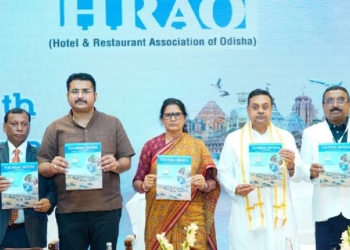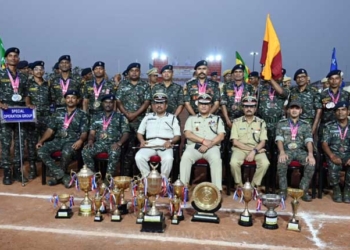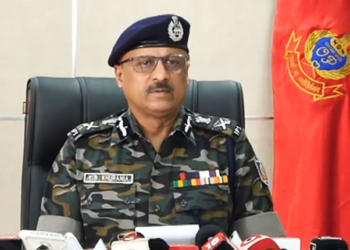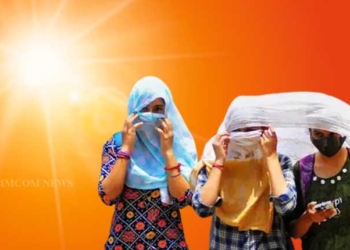New Delhi: As the crucial ‘One Nation, One Election’ Bill is set to be introduced in the ongoing Winter Session of the Parliament, both the BJP and the Biju Janata Dal (BJD) have expressed cautious optimism, calling for a closer look at the Centre’s proposal.
BJP National Spokesperson Shahnawaz Hussain addressed the media, highlighting that the Cabinet would soon move forward with the Bill.
“The country wants ‘One Nation, One Election,’ and most political parties are in agreement, except for one or two,” Hussain remarked, signalling broad political support for the initiative.
Jharkhand BJP President, Babulal Marandi, also reacted to it and said, “If implemented, ‘One Nation, One Election’ will be beneficial for the country. We welcome it.”
However, BJD MLA, Kalikesh Narayan Singh Deo urged caution over the Bill.
“Let’s see what the Central government presents in Parliament. While the principle behind the Bill may be cost-saving, it must not infringe on the constitutional rights of state governments,” Singh Deo said.
He raised concerns about potential complications if state governments were to fall mid-term, stressing the importance of safeguarding citizens’ fundamental rights.
The Narendra Modi government is moving forward with its ‘One Nation, One Election’ initiative and is preparing to introduce a Bill in the Parliament during the current session.
The Union Cabinet has already approved the Ram Nath Kovind Committee’s report on the proposal, which advocates simultaneous elections across the country.
To ensure broad support, the government plans to build consensus on the Bill, possibly referring it to a Joint Parliamentary Committee (JPC) for detailed discussions.
This exercise will pave the way for including opinions from all political parties which will be sending their representatives.
Moreover, this will also facilitate other stakeholders, including state Assembly Speakers and intellectuals, to share their views. Opinions of the public may also be sought.
At the same time, however, the implementation of the ‘One Nation, One Election’ system is also likely to be challenging without a decisive and convincing consensus. The implementation of this plan would require amending the Constitution and for this, at least six Bills need to be passed.
This will also require a two-thirds majority in Parliament. Needless to say, the ruling NDA coalition holds a simple majority in both Lok Sabha and Rajya Sabha. However, obtaining the necessary two-thirds majority will be an uphill task.
(IANS)




